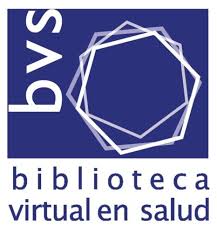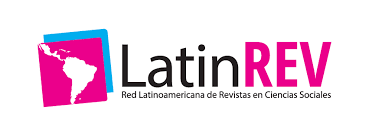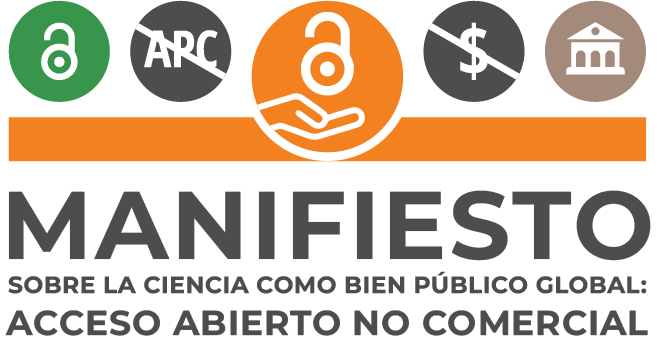Experience of child nutrition in families of the rural community «La Cal», Jinotega, Nicaragua
DOI:
https://doi.org/10.5377/creaciencia.v14i2.14367Keywords:
Child nutrition, phenomenology, childhood obesity, NicaraguaAbstract
To understand the phenomenology of nutrition in boys and girls under five years of age in families of the "La Cal" community, Jinotega. A study with a phenomenological approach was carried out and, through a theoretical sampling, the lived experiences of eight mothers of children in relation to their feeding were explored. The semi-structured in-depth interview with open questions was used, which were subsequently analyzed in an attempt to understand the reality of child nutrition explained by the actors themselves. Additionally, anthropometry and measurement of water quality were carried out in order to deepen said analysis. The lived experience is of many limitations to carry out a complete nutrition of their children, they prioritize a diet based on carbohydrates and sugary drinks. The inadequate balance is reflected in the nutritional status of the children since the majority of children in the study were at risk of being overweight and overweight. The deficiencies are rationalized to explain the non-inclusion of foods such as meat, pork or fried foods in the daily diet. The families under study make up a highly vulnerable social group. Economic resources and food availability are very limited; however, due to an inadequate diet, the risk of being overweight predominates. The lived experience of limitations to carry out a complete nutrition, derives in attitudes possibly derived from the naturalization of poverty and in nutritional disorders with a tendency to overweight.
Downloads
Published
Issue
Section
License
Copyright (c) 2022 Journal Creates Specialized Science in Health Areas

This work is licensed under a Creative Commons Attribution-NonCommercial-ShareAlike 4.0 International License.
Los artículos de Crea Ciencia están publicados en acceso abierto bajo una licencia CC BY-NC-SA 4.0 de la Universidad Evangélica de El Salvador.





















